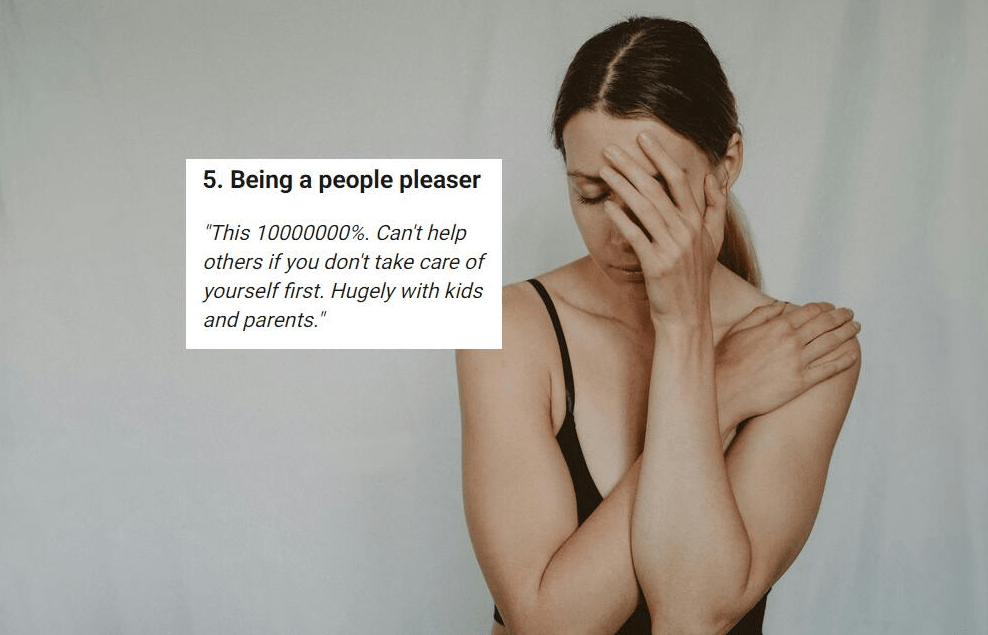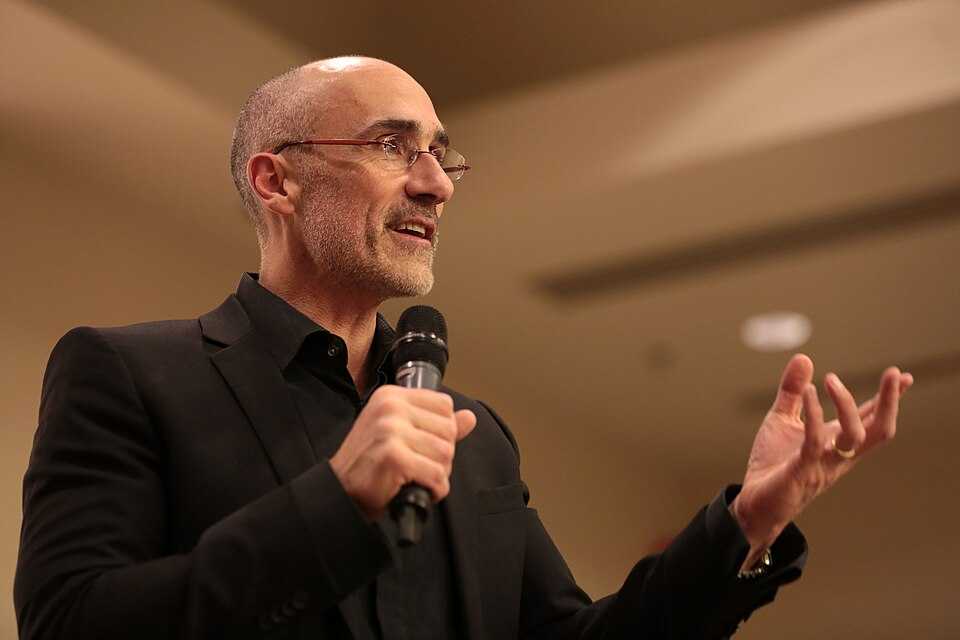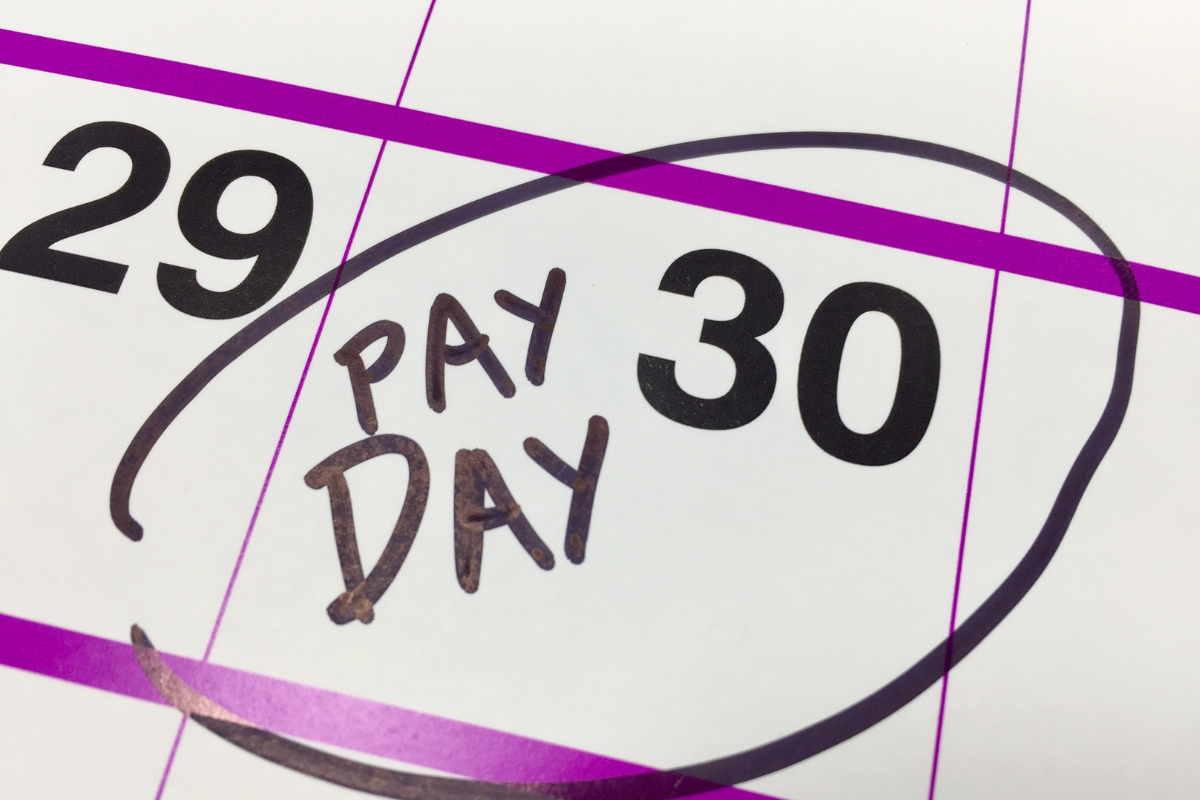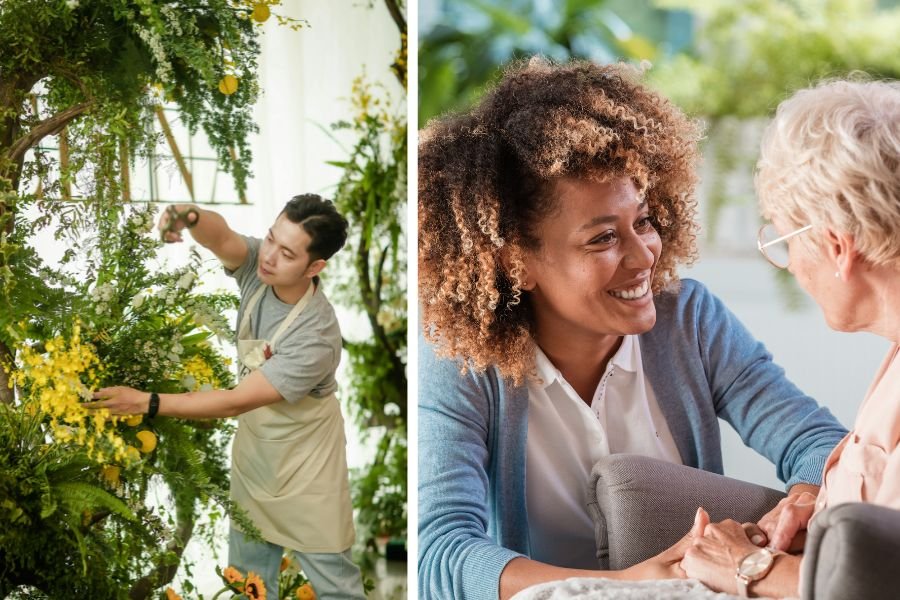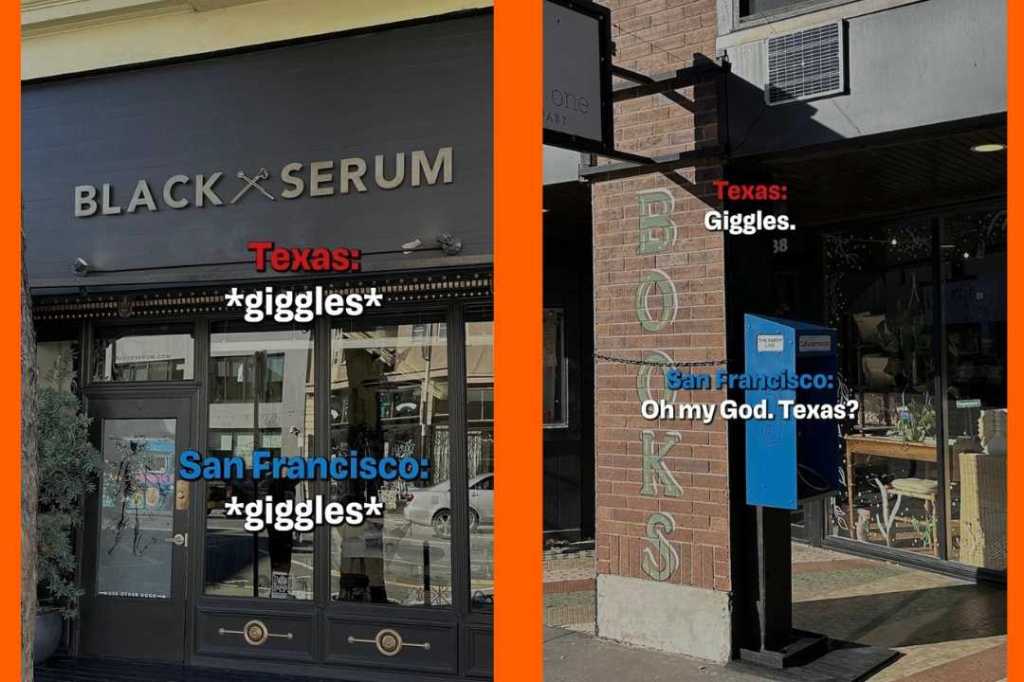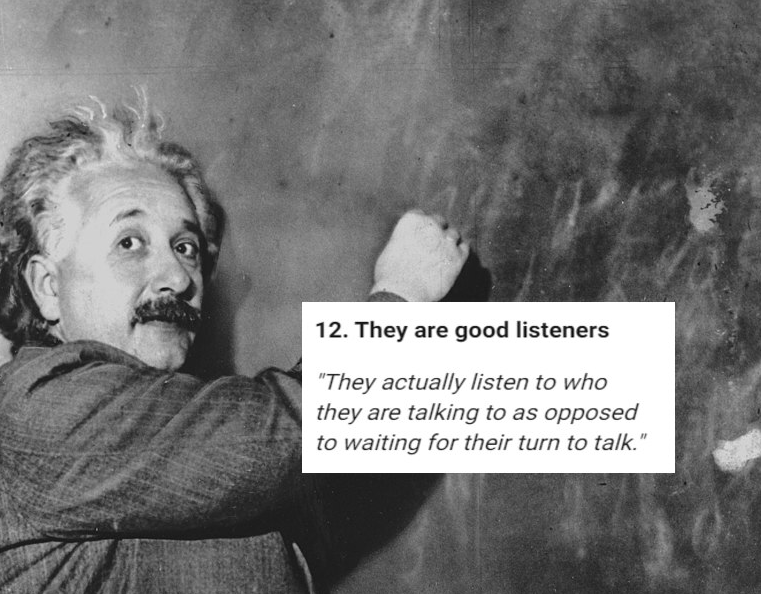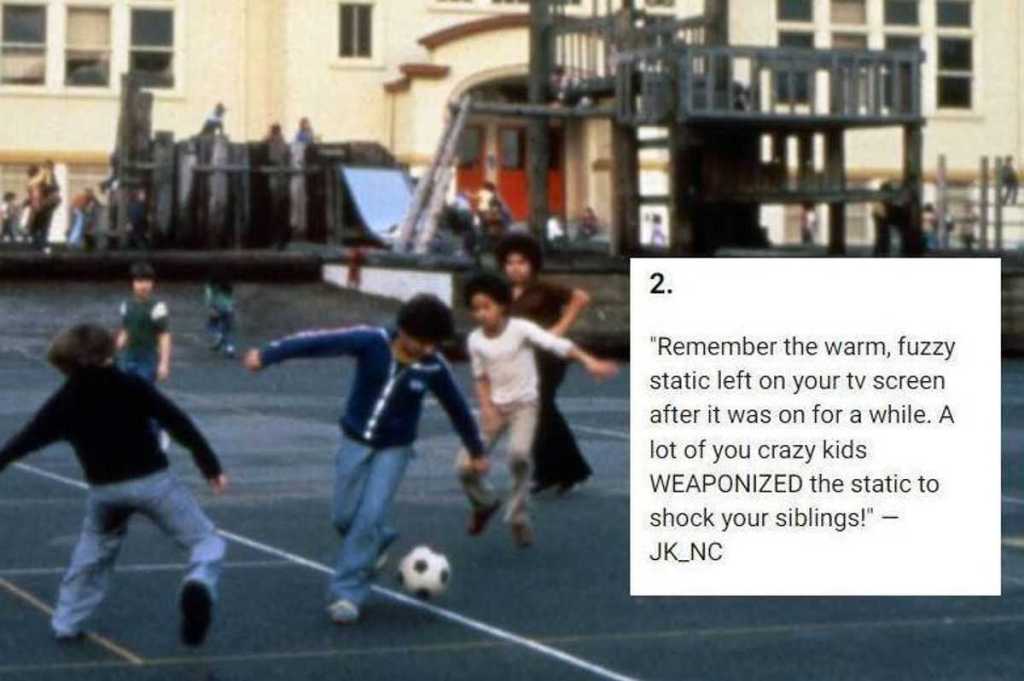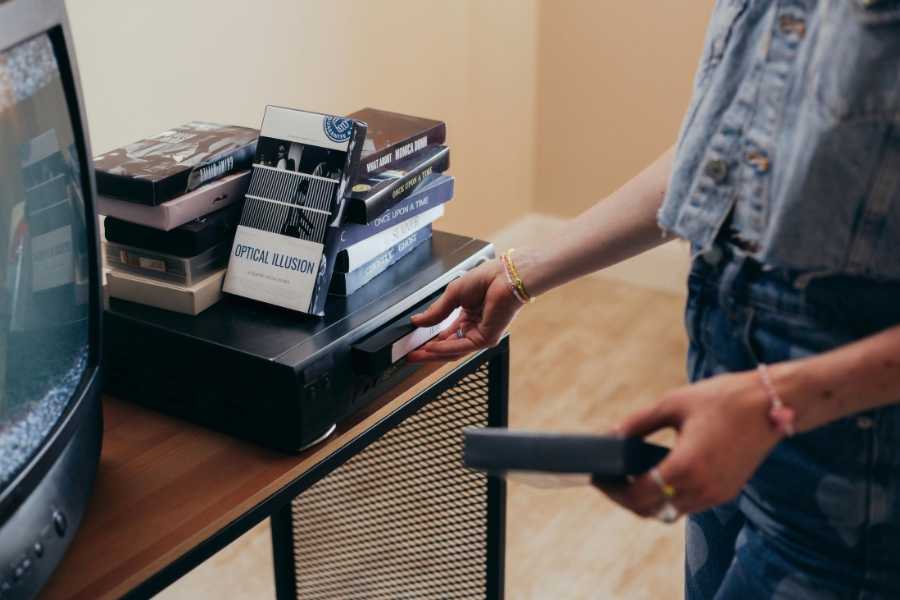After the age of 30, people begin to judge the decisions they’ve made in the past based on their newfound perspective on life. This is a time when many of us pause and take stock of where we are versus where we imagined we’d be. As careers, relationships and personal aspirations begin to unfold, so do the realizations of things we may have done wrong. But it’s also time for a type of self-reflection that can empower us to make more informed decisions in the future.
There probably isn’t one person alive over the age of 30 who doesn’t have at least one major regret. The key is to use that regret to your advantage by learning from it and not making the same mistake twice.
Regrets can also be helpful to others as a warning of some of the pitfalls in life to avoid.
A Redditor who goes by noThefakedevesh recently posed a question to the AskReddit subforum: “People above 30, what’s your biggest regret in life?” The question was a great excuse for people to share their regrets and how they overcame the mistakes they made in the past. The list of regrets is also a wonderful way for younger people to avoid things that will give them regrets later in life.
One of the most powerful themes repeated in the post was people’s regret for caring too much about other people’s opinions and trying to be people-pleasers. Many people also regretted not taking more risks in life, especially when they were younger.
Here are 13 of the most powerful regrets people 30 and over shared on Reddit.
1. Not being healthy
“Not taking my own health seriously.” — Outlasndishness3310
“I always think of the line from ‘Peggy Sue Got Married’ where she asks her grandfather if he could go back and do things differently, what would he change and he says, ‘I’d have taken better care of my teeth.’” — TrustAvidity
2. Fear of judgement
“The amount of time I spent anxious about being judged.” — BastardWing
“When I learned to let go, it was amazing. You can’t control other people’s opinions. You only get to control yourself and your own attitude. What other people think of me really doesn’t have much effect on my life and it’s easy enough to not interact with folks who judge me.” — tmp_advent_of_code
“‘Never take criticism from people you wouldn’t go to for advice’ has helped me with this many times.” — RemainingEye
3. Fear of failure
“Not putting myself out there due to fear of failure. Failing should be celebrated and encouraged as a tool to learn and grow and improve.” — TheWinderousWizard
4. Not exercising
“My biggest regret is not getting into exercise earlier. I thought people only exercised to lose weight and I was convinced I was just meant to be overweight. In my 30s I discovered running and volleyball and now I’m fitter in my 40s than I was in my 20s. I wish I’d realised how much fun I could be having.” — NeitherGur5003
“One of the most useful tools for me recently has been reframing exercise as movement. The word ‘exercise’ has a punishing connotation to me – it’s a tool used to cudgel ‘lazy’ people. ‘Movement,’ however, is joyful and free-flowing. Movement can be running, lifting weights, dancing, yoga, stretching, scrubbing your bathroom, walking your dog, goofing off with your nieces and nephews, parkour, bike riding – whatever. Celebrating movement gets me to appreciate the power of my body and the pleasure of mobility. It helps me to focus on a healthier relationship with my body that emphasizes the long-term ability to inhabit and utilize this great, useful, electrified meat sack that requires nourishment and ongoing maintenance. Anyway, hope that helps you too.” — BarnacledSeaWitch
5. Being a people pleaser
“This 10000000%. Can’t help others if you don’t take care of yourself first. Hugely with kids and parents. Parents are ineffective if they ignore their spouses and put all their energy into everything else and nothing into themselves and each other.” — Slickpoison
6. Should have invested earlier
“Yes to investing. I’m close to retiring and don’t have anywhere close to the amount that I’d like. I used to make fun of my brother for his frugality but it turns out I was the foolish one.” — Scurtrberau
“Rule of 72- at 8% growth you’d see your money double in 9 years. Waiting a decade means you miss out on doubling that money. What’s worse is that you have a certain set number of doubling periods before retirement- 22-31, 31-40, 40-49, 49-58, 58-67 – 5 doubling periods. $1 put in at 22 is worth 25 = $32 at retirement.” — Burnbabyburn11
7. Paid too much attention to parents
“I listened to my parents too much when I was younger.” — Distressed_Finish
“My mother was never going to understand me or love me unconditionally, or see me as anything other than something to possess and control, and I wish I could have realized it and freed myself from her sooner.” — FloraFly
8. Waiting too long to get sober
“I’m in my 40s now and pretty much drank my way through my 20s and early 30s. I got into the lifestyle of drinking with friends every day after work, then a big session Friday night and it was the norm for me, I pitied people who just went straight home from work. Now thinking of all the money I spent, the health implications, the general setting my life back by 15 years, I think I was the one that was pitiable.” — Dave80
“Same. I was a casual/social drinker my entire 20s and early 30s, and I wish I was not. Life without alcohol is so much better.” — Barhanita
9. Put more effort into friendships
“I wish I didn’t let friendships die so easily. I’m 36 and you’d be surprised how fast you can go a decade without talking to someone you once saw every day.” — NutellaBanabaBread
10. Missed opportunities with women
“Took me far too long to realise if I had just taken my shot, I most likely would have succeeded with a few of my crushes. But I am happy were I am now, but man some of those missed opportunities…” — Zeebie_
11. Smoking
“Wish I never would have touched a cigarette.” — BlueStarSpecial
“This for sure, I smoked for 25 years, maybe 15 a day. At today’s prices in the UK that amounts to around £82k or just over $100k.” — Dave80
12. Self-loathing
“I regret the amount of time I spent hating my body. The self-loathing I had with my appearance consumed me, and now when I look back at photos of me in my twenties I just wish I could have seen how skinny I was.” — Wetsummer486
13. Being a loyal employee
“Being loyal to a company and expecting to be rewarded later.” — Pinkpujita
“Been job hopping every 2-3 years. New projects, more motivation, learning new stuff, most of the time with increased salary.” — fr6nco

